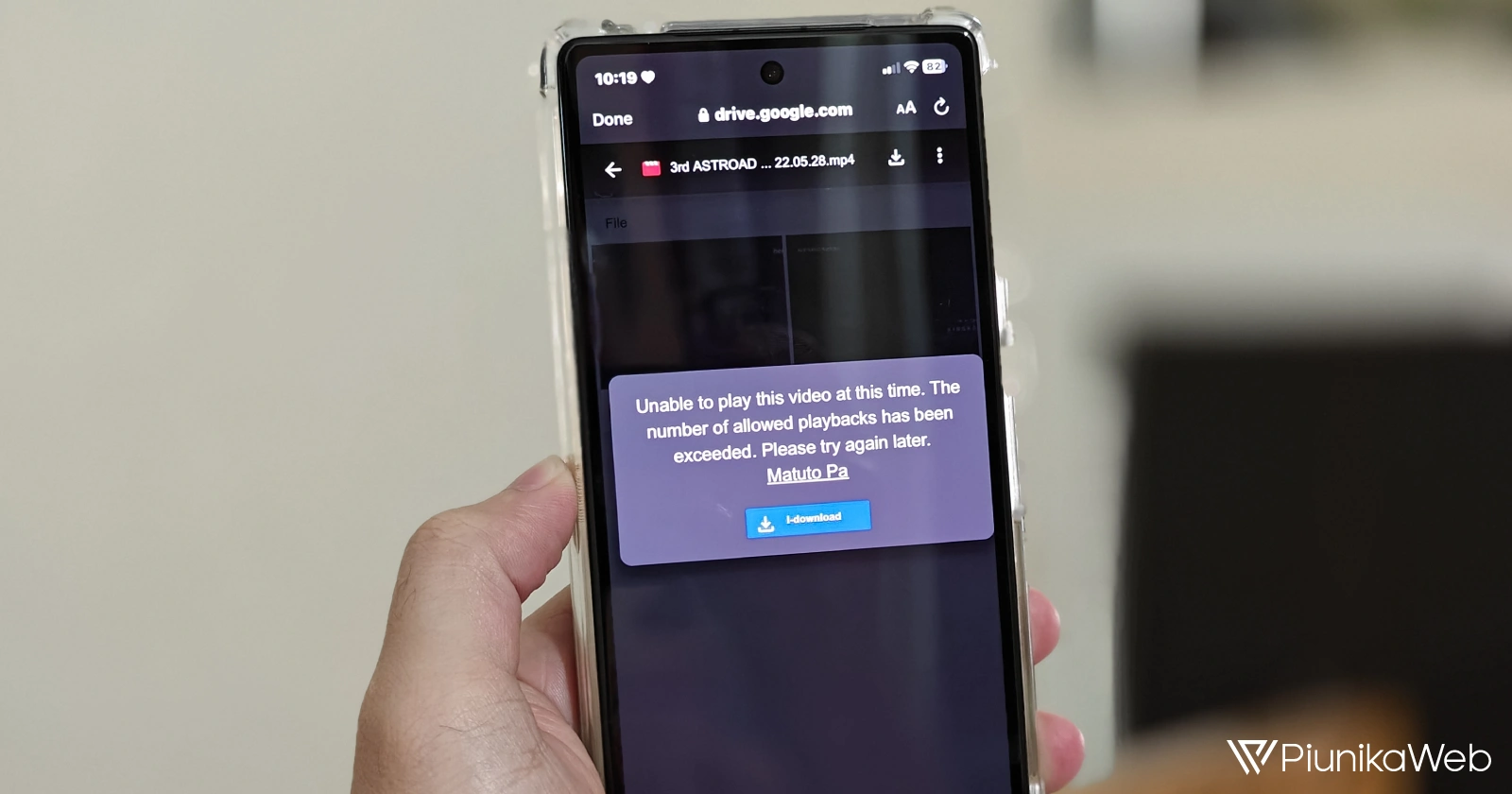In a recent internal memo obtained by The Verge (via 9to5Google), Google CEO Sundar Pichai outlined the company’s ambitious goals for 2024, shedding light on the specific areas of focus and strategic priorities. While details had remained scarce, recent insider reports have shed light on Google’s seven-pronged strategy, particularly revealing plans for a Pixel renaissance that’ll be led by the Pixel 9 and Pixel 9 Pro.
At the forefront of these objectives is the commitment to advancing artificial intelligence, with the imminent launch of Gemini Ultra and ongoing work on future versions of Gemini. Notably, the company aims to enhance generative AI features, emphasizing practical applications such as Duet AI.
However, the spotlight shines brightest on building “the most helpful personal computing platforms and devices.” This ambitious target undoubtedly aims at Google’s core offerings – Android and Chrome – but whispers of “devices” in the same breath point towards a renewed focus on Pixel devices. The recent hardware layoffs coupled with this strategic directive hint at a Google that is laser-focused on crafting Pixel devices that truly stand out in the crowded market.
![]()
The “Pixel renaissance” narrative gains further traction when considering Android XR, Google’s foray into extended reality. With a dedicated platform expected this year, Google seems poised to leverage its software prowess to deliver compelling XR experiences, potentially making Pixel devices the go-to gateway for this next frontier.
But “helpful” transcends mere technological wizardry. It’s about crafting devices that seamlessly integrate into users’ lives, anticipating needs and proactively assisting in daily tasks. Could this mean an AI-powered Pixel Assistant on steroids, capable of contextually anticipating requests and offering personalized solutions? Or perhaps a Pixel ecosystem that bridges the gap between hardware and software, creating a truly unified and intuitive user experience?
Of course, Google’s ambition extends beyond Pixel devices. As noted earlier, AI remains a top priority, with the company aiming to solidify its leadership in this game-changing field. Additionally, Google Cloud will be at the heart of the battle against tech giants like Amazon and Microsoft, with a renewed focus on building trusted and innovative cloud solutions. The other goals – improving knowledge, creativity, and productivity, as well as fostering company efficiency – paint a picture of a Google striving for holistic progress. A leaner, more agile Google could translate into faster innovation and user-centric product development, further fueling the “helpful” Pixel vision for the year 2024 onwards.
![]()
Whether these seven-point goals translate into Pixel glory at the end of 2024 remains to be seen. But one thing is clear: Google is doubling down on building a future where technology doesn’t just exist, and if Google successfully navigates this ambitious course, Pixel devices could emerge as the crowning jewels.


